How To Reduce The Damage Of Logistics Packaging To The Environment?
In municipal waste streams, packaging trash accounts for 40% of solid waste. Approximately 75 million tons of packaging and container garbage are produced by commercial, home, and institutional users, yet only half of this waste is adequately recycled. Approximately 37 million tons of packaging end up in landfills each year.
As a result, packaging waste is a major issue for most Logistics development companies in the modern world today. However, more companies employ environmentally friendly materials to promote environmentally friendly packaging throughout the package life cycle.
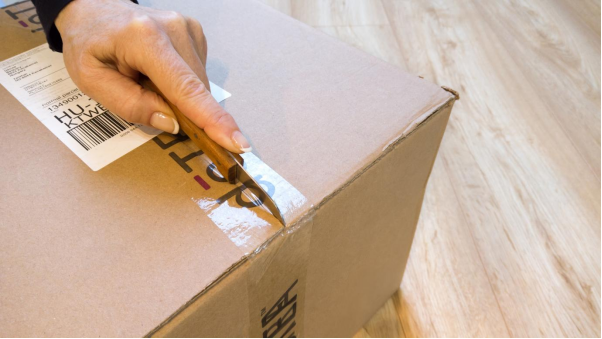
Here are a few ways you may help reduce Environmental pollution by using sustainable packaging:
Use Materials That Can Be Recycled and Repurposed
To reduce the trash in landfills, it is better to use materials that can be recycled or reused. You can turn recycled cardboard boxes and paper for packaging into new items that can be used for another purpose. For example, you can store office supplies in discarded cardboard boxes. Packaging materials that don’t need to be recycled are now being used by some Logistics development companies, which is a significant step forward.
Use Cartonization Software and Technology
Shippers have been seeking ways to reduce the size of their goods since carriers began charging based on dimensional divisors around five years ago. For those that want to design and build personalized boxes for their products, using cartonization software is becoming increasingly popular. Think about making unique boxes for each item if your organization has the resources and manufacturing volume. Using eco-friendly packaging can almost remove the need for additional packing materials and save you money.
Numerous reputable logistics development businesses have pioneered this type of software, which is constantly evolving. Incorporating solutions like those provided by Modula USA can further optimize packaging processes and enhance warehouse efficiency.
Cartonization software and technology can help to make your entire fulfillment process more effective and cut costs. How many items can fit on one pallet? Are warehouse stockers aware of the proper containers to use for specific items? Numerous reputable logistics development businesses have pioneered this type of software, which is constantly evolving.
Include Educational Content in Your Packaging
The majority of Americans are firmly entrenched in their recycling practices. They may put beer cans and glass bottles in the bin, but paper ends up in the garbage. Even if your packing material is recyclable, your end-user consumers may not know proper waste disposal practices. Adding a sticker with instructions on properly disposing of shredded paper or air-filled bags might be as simple as putting a huge “recyclable” emblem on each product box.
Remember that these suggestions can also benefit your brand. Telling customers that your packaging can be recycled shows that you care about the environment as much as they do and demonstrates that you represent their interests.
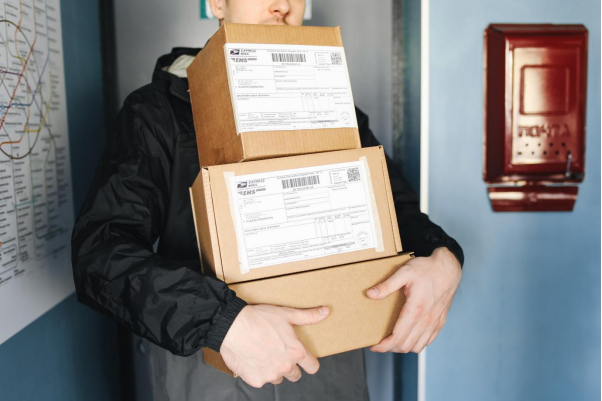
Product Dimensioning
We’ve all seen small products packed in enormous boxes, which wastes materials and money and appears ridiculous to the end-user. Measuring the dimensions of your items accurately is essential for ensuring that they are packaged in the proper box (usually smaller). Using a measuring tape or ruler is an option for smaller shipping companies that pack less than 100 boxes per day. Investing in an automated sizing system provides benefits in higher-volume operations. These systems can measure things in less than a second and input the data directly into your inventory management system, where you may use it to optimize packing, storing, and sorting inside your facility. Automating this process speeds up the measuring process and reduces the risk of measurement and transposition errors when measuring by hand.
Reduce packaging waste
Invest in producing an appealing but minimalist packaging design that does not consume a lot of packaging materials. Minimal packaging saves resources and lowers the product’s price because it takes less energy and fuel to make and deliver.
Obtain Sustainable Raw Materials
To meet your packaging demands, look for sustainable raw materials. To make packaging materials like cardboard or paper, use wood from sustainable forests/farms. ‘Consider alternative sustainable raw materials‘, such as innovative man-made fibers or cotton from sustainably farmed cotton.
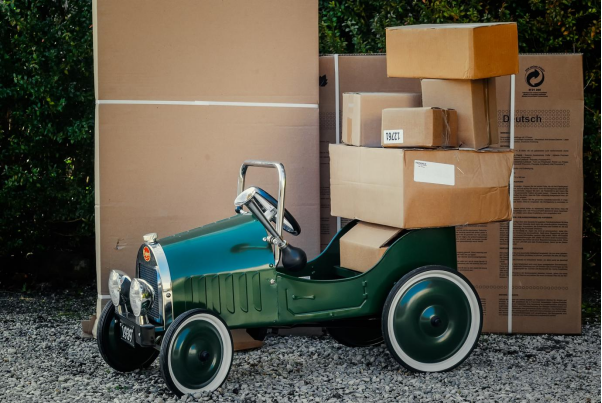
Consider Purchasing an Industrial Shredder
Investing in an industrial shredder is a fantastic option. Paper and cardboard can be shredded by the shredder and anything made of fiber. It is possible to fill shipping containers with shredded material. Shredded paper is an environmentally beneficial resource for packing and transporting your items. They can provide excellent padding, preserving the cardboard boxes’ corners.
Consider Purchasing a Cardboard Baler
Because cardboard is a key packing material, a huge amount of cardboard trash is generated. A cardboard baler can compact this large amount of cardboard trash into small, compact, recyclable bales. There is an estimated 90% reduction in volume and storage space and garbage collection expenses if you compress cardboard waste.
Incorporate Biodegradable Packaging
Make use of biodegradable packaging materials, such as corn-based plastic. These materials are easily decomposable in a commercial composting operation. By utilizing biodegradable packaging, you guarantee that none of the packing material ends up in a landfill.
Use Stretch Film for Packaging
Stretch film machines can help secure packaging and keep your products safe as they’re being carried throughout the warehouse and shipped out to their final destinations. These ergonomically designed devices demand less manual labor and significantly reduce the time required to wrap goods. Their advantages are also numerous.
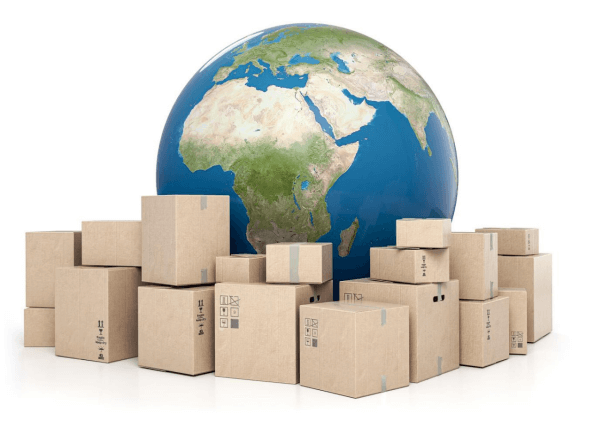
Train Your Employees
Your employees play a critical role in decreasing package waste. If garbage is generated or improperly disposed of, it could be because your employees are unaware of your company’s waste disposal process. As a result, the best thing you can do is educate your employees on the best techniques for decreasing packaging waste. Training your employees would go a long way toward eliminating packing and manufacturing waste.

Use the Appropriate Loose Filling
Do not ship a tiny item in a large package unless necessary. Avoid using incorrect boxes or loose fill. Determine the best form of loose-fill packaging for the various commodities in your supply chain. Using the right type of loose-fill can help you secure the product more effectively.
Waste reduction and eco-friendly disposal benefit the environment and benefit your organization’s assets both short and long term. As a company, you must reduce environmental pollution by packaging your goods using the right tools and materials and encourage your employees to adopt healthy habits that will help reduce packaging waste.
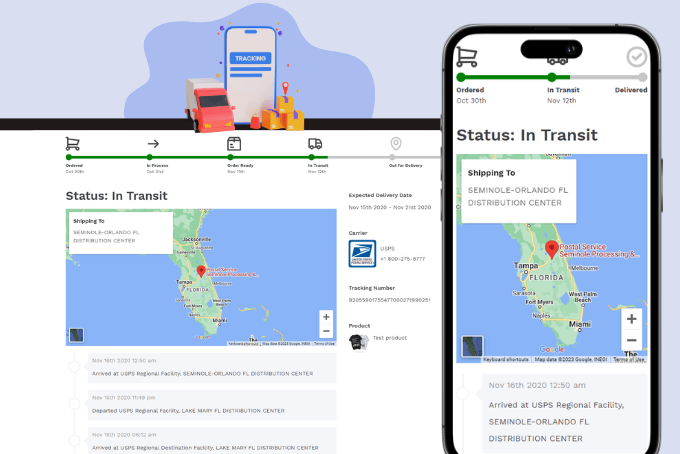






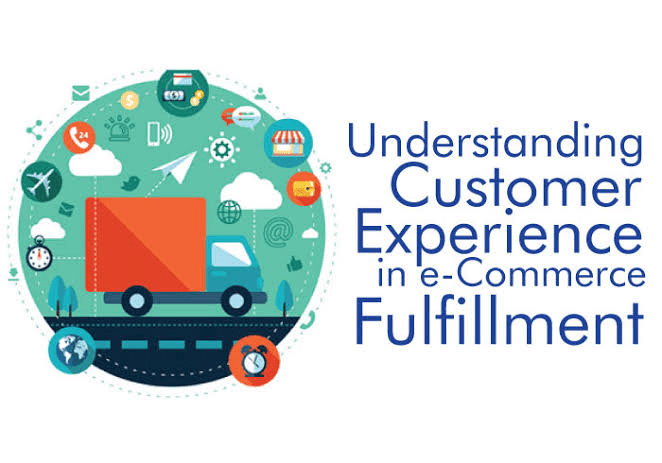


![Top 10 Loop Returns Alternatives and Competitors [2025]](https://images.surferseo.art/355d37b8-6936-4be4-b677-f5314b151724.png)
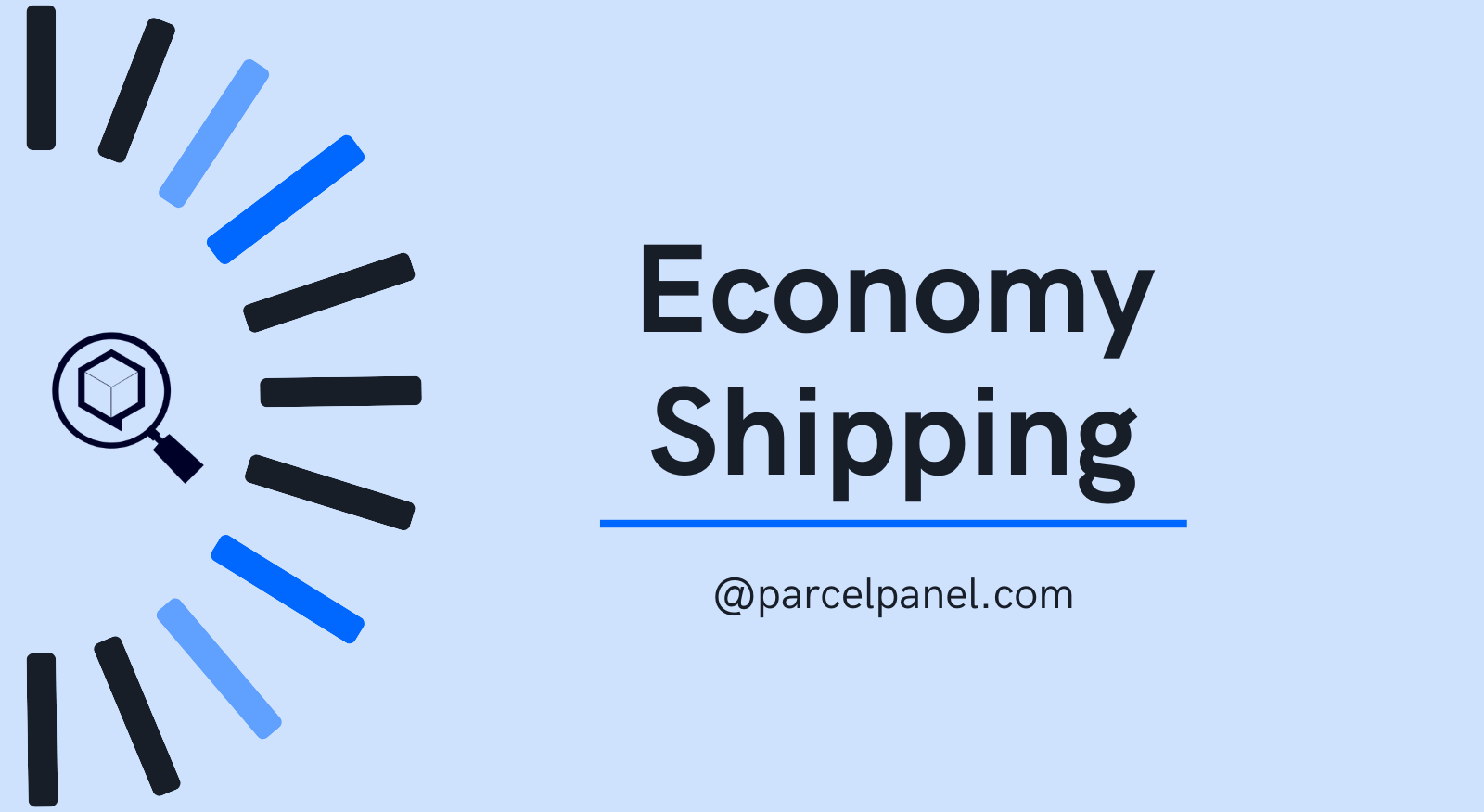
![Top 10 AfterShip Alternatives and Competitors [2025]](https://www.parcelpanel.com/blog/wp-content/uploads/2025/03/20250325102130525.png)














